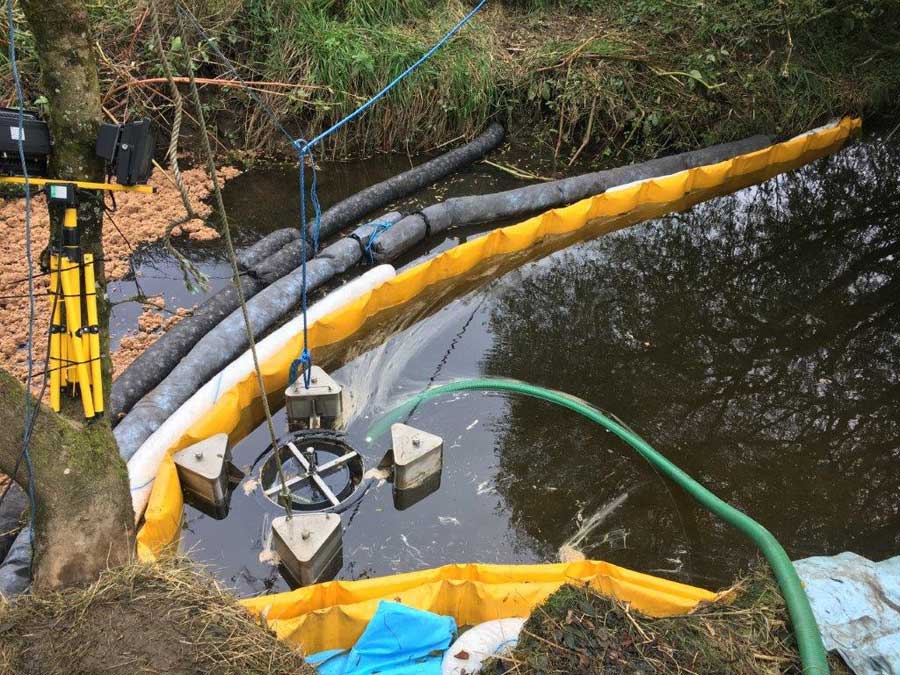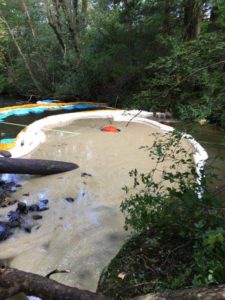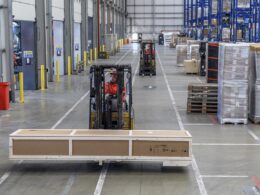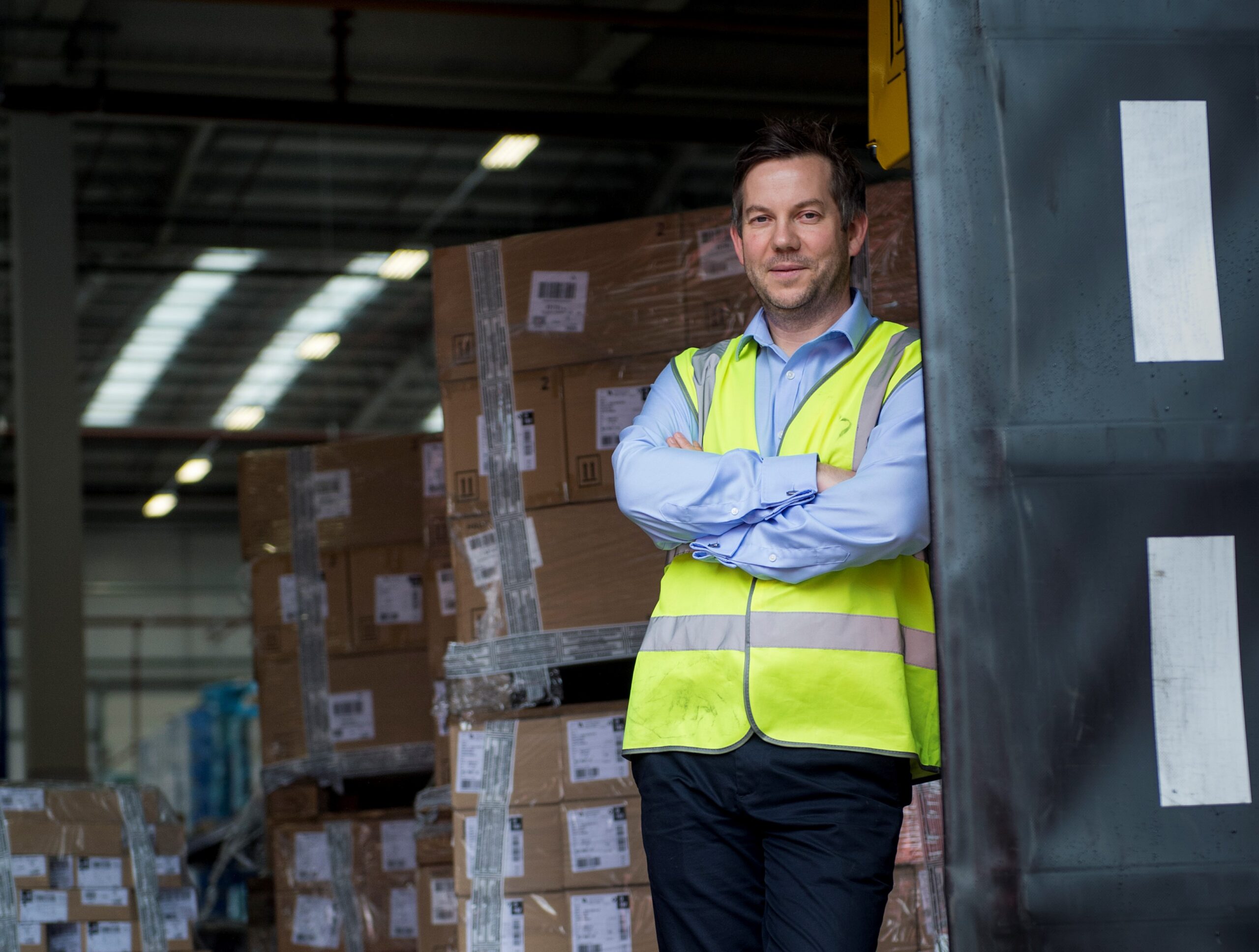For logistics companies that store and transport hazardous liquids, spills can be devastating if careful contingency planning initiatives are not put in place. Alan Scrafton, from leading spill response provider, Adler and Allan, looks at the steps necessary to prevent spillages and mitigate disastrous consequences.
Preventing spillages should be a high priority for anyone working in the logistics sector. Safeguarding the environment is a clear driver, as well as stopping the reputation damage, legal backlash, fines and severe business interruption that a spill incident can cause.
Is your business at risk?
Businesses in the logistics sector often fall in the high risk category when it comes to spills. An important step in prevention is knowing the problems that may occur, in order to mitigate their effect where possible. Fuel, oil and chemical substances are well known to be harmful, but companies transporting other liquids such as beverages, food and dairy should also be aware – milk in particular can cause oxygen depletion in bodies of water.
Whatever the substance you’re dealing with, make sure you understand the potential impact and where to turn in the event of disaster.
Plan for the worst
An easy-to-use spill response plan is critical for a rapid and organised response, ensuring no time is lost and nothing is missed in the heat of the moment.
A good plan should appoint someone responsible in-house to take charge should an emergency occur, keeping staff safe and implementing the correct procedures and strategies – essential for minimising pollution and keeping in-line with insurance criteria where possible. Easy navigation is key, with emergency steps listed near the front of the plan. A contacts section should contain up-to-date information such as expert response providers or local councils.
Quick clean up
Containing a spillage before it spreads too far is the ideal solution. On land, sandbags or equivalent can be used to construct a bund around the spill, or booms can contain oil spills that have entered a watercourse. Like a first aid kit for spills, a specialist spill care kit should contain everything you need to prevent small-scale damage – an essential item for any haulier that will also help with ISO14001 compliance.
If the situation is likely to escalate its key that expert help is called in as quickly as possible. The first few hours of a spill incident are crucial, particularly where there is a risk of pollutants leaking into watercourses.
The best way to deal with spills is to prevent them from happening in the first place. When it comes to preventing spillages from fuel storage facilities, for example, a reactive approach i.e. fixing faults as they occur, can be a risky strategy that could lead to leaks in pipes and tanks. Planned and regular maintenance is an investment that will pay off by extending the useful life of valuable equipment, while mitigating the risk of environmental disaster.
For transporters of hazardous substances, its imperative (and a legal requirement) that drivers have the right training and experience to deal with their cargo – dangerous goods, including hazardous waste, must transported in accordance with ADR regulations, which cover the classification and subsequent guidance for the transportation of potentially harmful materials.
Don’t leave it to chance
A polluting spill can be dangerous, damaging to the environment and if high profile enough, potentially result in the death knell for the business to blame. Don’t leave it to chance, know your risk, plan for it and where possible, do what you can to stop it from happening in the first place.
Adler & Allan is the UK’s leading spill responder and can help businesses plan for and prevent spills through consultancy, training and spill kits. For more information, visit www.adlerandallan.co.uk.














